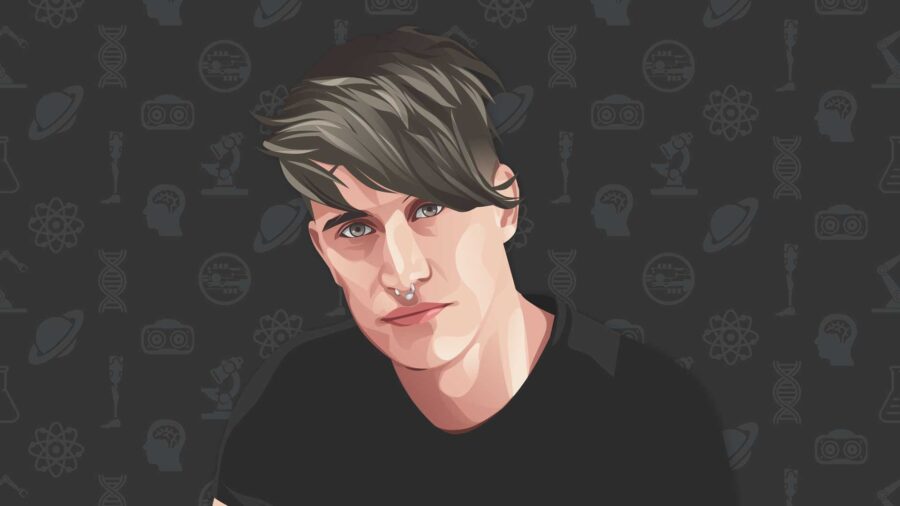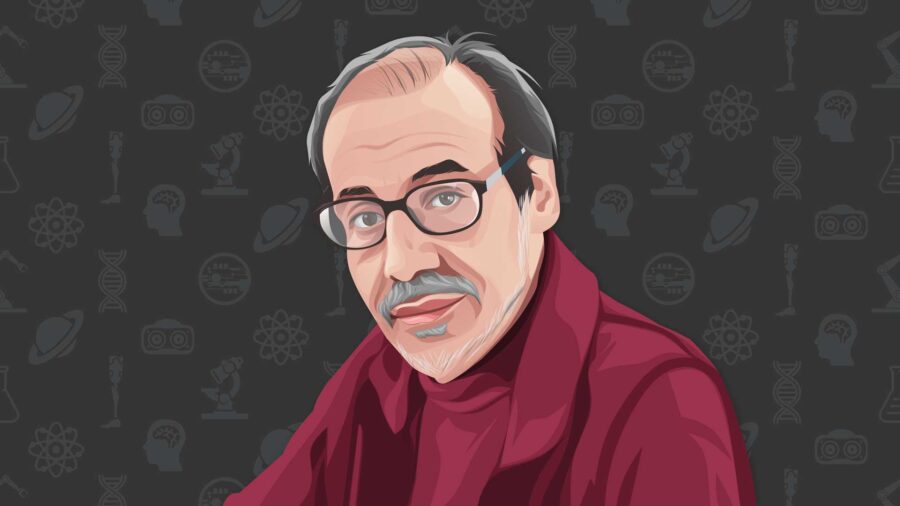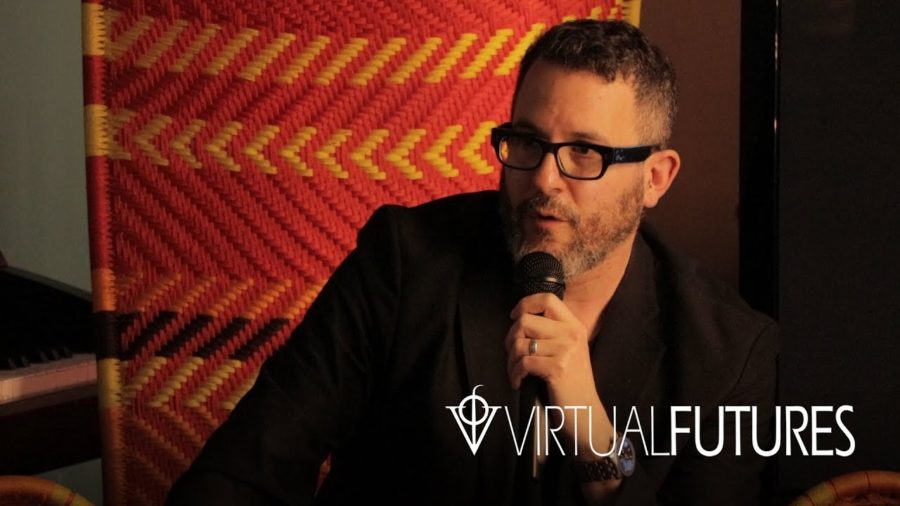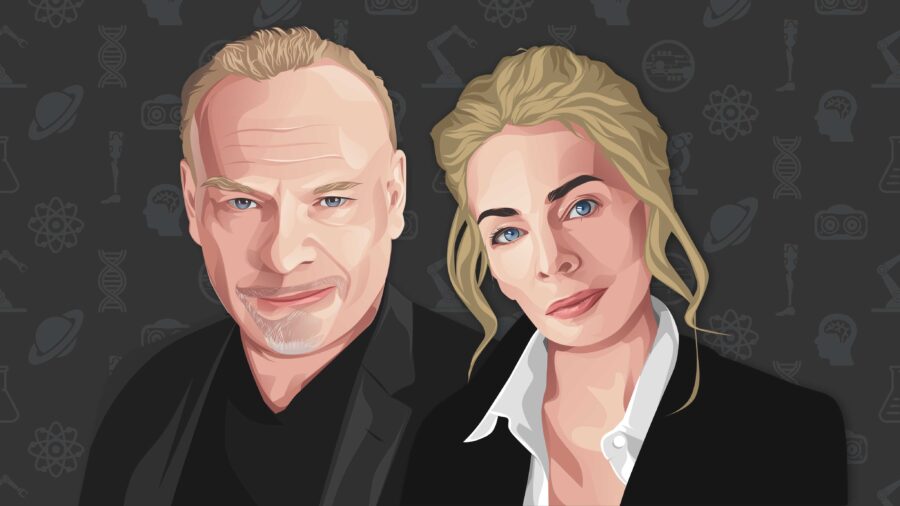I think people are asking the question, “What are we going to become? What does it mean to be human?”
Archive (Page 1 of 2)

This idea of (re)performing the posthuman was pretty much based on a desire to talk about the cyborg ten years after, or fifteen years, twenty years after the Cyborg Manifesto and Katherine Hayles’ book became famous. And to really—yeah, to talk about maybe the normal cyborg, the normal technologized body. You know, technology in the everyday and its implications for the way we perceive and experience our bodies.

Humanity 2.0 starts to challenge a lot of the assumptions of Humanity 1.0, especially in terms of issues having to do with limitations. So in other words, you might say there are two ways to go on Humanity 2.0. And in my writing, I associate these with the transhuman and the posthuman, respectively.

I am profoundly envious of people who get to write about settled domains or sort of settled states of affairs in human events. For me, I was dealing with a set of technologies which are either recently emerged or still in the process of emerging. And so it was a continual Red Queen’s race to keep up with these things as they announce themselves to us and try and wrap my head around them, understand what it was that they were proposing, understand what their effects were when deployed in the world.
Historians get really nervous about patterns. That’s changing a bit now. And the truth of it is there’s not much way to avoid the 500-year cycle. You almost have to work too hard to unsay it, it’s so obviously there in every way. And if you say every 500 years we go through one, then you immediately say we’re in the 21st century and baby are we going through one.
I think if there are people who are able to take a step backwards, take that proverbial zoom out, and realize that everybody’s kind of doing the same thing in different ways, and be able to step from one perspective to the other and ask different kinds of questions based on where they are at any given moment time, then it just becomes a game. I think it becomes joyful and engaging. I mean, I’m not interested in finding the answer to anything. I don’t think there is the answer to anything.
We are a communal animal that’s developed to believe that it’s the center of the universe. And we behave as such. You know, we want to conquer, because our brain is wired to want to eat and fuck another day, you know what I mean. That’s what we’re wired to do. That’s where our evil comes from. It’s our animal roots that cause us to need things, and desire things.
So long as we’re limited to one planet, ultimately our resources are limited. And therefore every person in the world is competing with every other person in the world for a piece of a finite pie. Okay, and every new person born is a threat, every nation is fundamentally the enemy of every other nation, every race of every other race, and the only question is how do we kill them.
My main goal is not to die in the first place. I hope to keep living, hopefully long enough that science will have solved the aging problem and I won’t have to die. But since I don’t know how long that’s going to take, cryonics is the real backup policy for me.
I don’t think it’s going to be necessarily a problem within the next five to ten, fifteen, to maybe even twenty years. But my perspective on it has always been, because I am more philosophically focused in these things, why not try to address the issues before they arrive? Why not try to think about these questions before they become problems that we have to fix?

